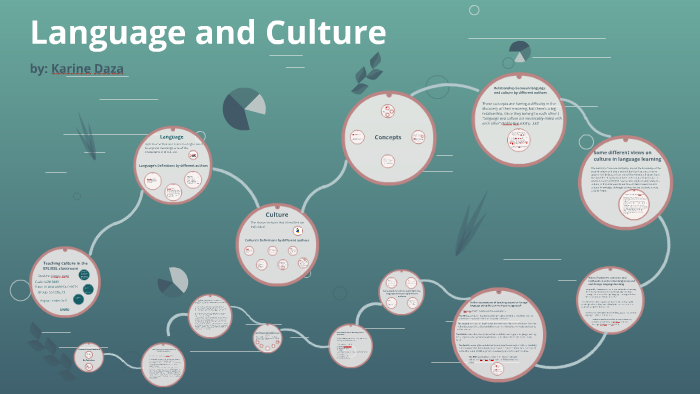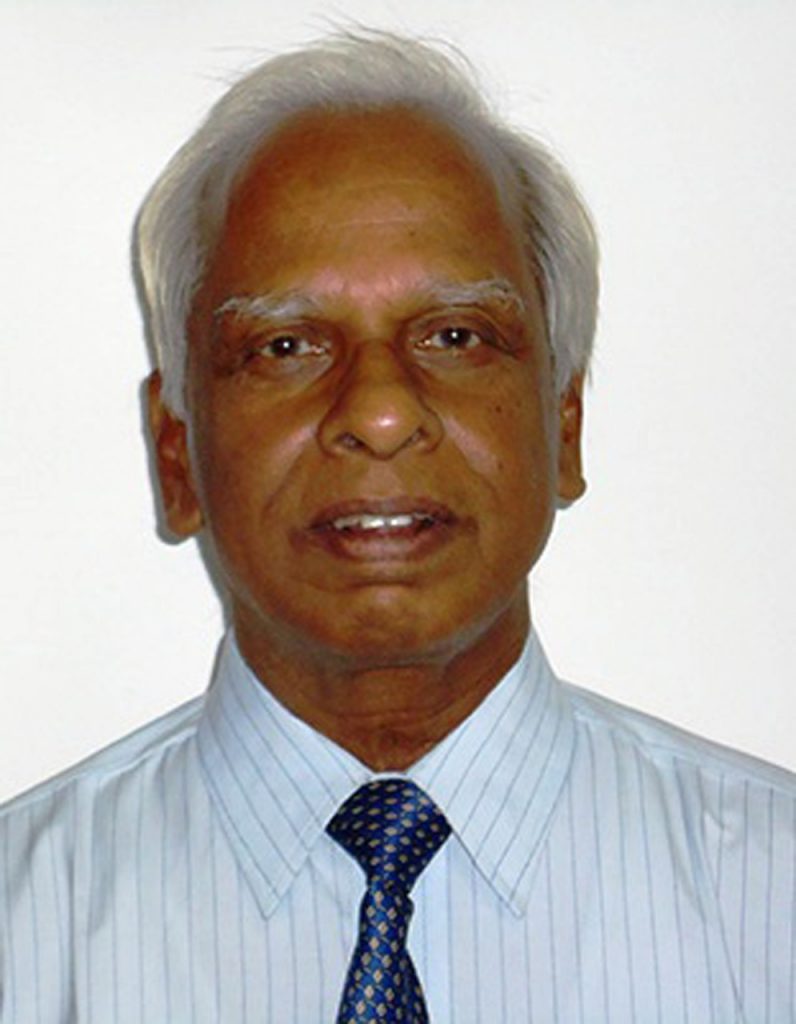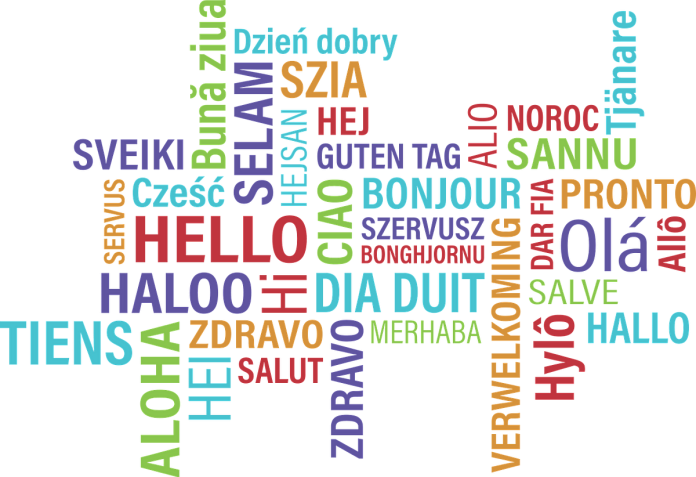This is a small– somewhat unstructured – note on the relationship between language and culture, and language loss provides the context for the discussion. This relationship is well-known; some even go to the extent of saying that language is culture and culture is language.We think that those who say so, say so rather rhetorically. Language reflects culture and is a carrier of culture. It is the pre-eminent carrier of culture when the speech community is literate.It is thus a link between the past and the present of a speech community.
It is mostly through their language that the speakers acquire knowledge about the way their ancestors lived, the challenges they faced, the struggles they made, the values they cherished, the beliefs they lived by, etc. Not many educated young persons of Odisha today would understand the meanings of “mahendrabela” and “amrutabela”, which are names of auspicious periods during a day, when one can, for instance, undertake a long-distance travel. An auspicious period is a time when there is a happy planetary conjunction.
Just about a hundred years ago, many educated people in Odisha would avoid long-distance travelling if the time was not auspicious. It was believed that starting a journey during an auspicious period would be beneficial to the person concerned. Now, today’s young, who want to know about the way their forefathers lived, can do so by studying expressions like “mahendrabela” and “amrutabela”, among, of course a host of others.
One might then ask what explains this closerelationship between language and culture.One account could be this: humans have used language to talk about the world – the physical world they live in and the world they constructed based on their experience and the sense they made of it. They have used language to talk about themselves and about personal and social relationships. In the process, a linguistic community created its culture. When they have a talk, conversational values, which are culture-related, find expression.
These are about who starts a conversation, who changes the topic when he (she / they) wishes to during a conversation, which greeting expression he uses for the hearer, what greeting he expects to receive in response, what calls and vocatives are used by the interactants, and much else. These values relate to the power structure of the community; pleasanter and more subservient words are used for the powerful persons by those who are powerless or less powerful with respect to them. In short, since a speech community uses language to talk about the world, they inevitably create their culture and talk about it.
As we are situating our discussion of language and culture in the context of endangered and extinct languages, we remember what the eminent linguist Professor Ken Hale, who did pioneering work on language endangerment, said in this regard. Interestingly, he put it in terms of loss – when a language dies, the associated culture dies, he said. A culture is based on a knowledge system; so the knowledge system dies too.He doesn’t say so explicitly, but it would not be unreasonable to say thathe suggested that this loss might not be inconsequential, even in an unrecognizably changed world.
The community had a way of preserving the ecosystem, of looking after their physical well-being, of dealing with the disposable material, etc. Their methodsare outdated, no doubt, but if we are not bent upon being dismissiveabout the ancients’ ways without a thought, we might find that some of the things they did are not really irrelevant today. Michael Pollan (his “Food Rules” is a must-read book, if you ask me)advises us to eat the seasonal fruits and vegetables, the foods our grandparents ate, rather than the stuff that we today relish eating, which is produced in the factories. By the way, it is not difficult to followour grandparents in certain domains of living. We just have to give up our romantic “amor of the far”attitude by not desperately wanting to eat cauliflower in the summer.
Although Hale put the relationship between language and culture so well, it is strictly speaking not really the case that when a language dies, the associated culture dies. Language is not the only carrier of culture. There are non-linguistic carriers of culture such as body language, dance, music, rituals, painting, drawing of patterns, including those associated with rituals, food habits, dress, forms of recreation and beliefs concerning pollution of the body and the physical space, among many others. It is not unusual to find people observing some of their native food practices and purification code, for instance, even after shifting to another language.

This is true of many Indians living abroad.Many Odias in the US who speak more English than Odia in their day-to-day life and quite a few of whom have virtually shifted to English, never fail to celebrate traditional Odia festivals, such as Raja and Kartikapurnima and enthusiastically celebrate more recently started PakhalaDivasa(the day for Water rice), RasagolaDibasa (the day for Rasagola, the sweet), etc.
Consider the contrary case. Linguistic material, such as folk tales, folk songs, proverbs, aphorisms, euphemisms, riddles and the like embody the culture of a speech community and these embody knowledge that governed life in the bygone times. As Hale said, this knowledge disappears when the relevant speech community shifts to a different language and acquires new knowledge, new world views and adopts new technologies, among others, in new living contexts. Part of the knowledge contained in the above is then considered outdated and part, rejected as superstitious, such as the impurity associated with menstrual blood and the belief that eating during an eclipse leads to illness.
Today, the speakers of a safe language do not consult traditional texts for guidance in certain matters of concern in day-to-day life. No one in Odisha, for instance, seeks information from khanabachana (Khana’s sayings) about weather or cultivation or consult the almanac about the most auspicious time to start a journey. Thusthe knowledge system is under severe threat but the language is safe. Therefore, it may not be unreasonable to say that the nature of the relationship between language loss and the loss of the associated knowledge system is not as direct as one finds in the endangered language literature. Having said this, we should like to observe that the endangered language theorists in their discussion of language loss not being an isolated phenomenon, have implicitly made the important point that when a community loses its language, it may eventually lose its sense of heritage and rootedness.
That’s the reason why the culture of the forefathers should be preserved and this can be done through documentation, even though that cannot be the lived culture any more, barring some exceptions with regard to food as mentioned above. For an instance, our ancients had a reverential attitude to the water bodies. In our times it would translate into not polluting them. The problem is that protection of the water bodies from pollution is no longer within the control of the individuals or the communities. Factories pollute river water. Climate change cannot be dealt with even at the level of a country. All this is too well-known for any explication.
(The views expressed are the writer’s own)

Prof. B.N.Patnaik
Retd. Professor of Linguistics and English, IIT Kanpur
Email: [email protected]
(Images from the net)

